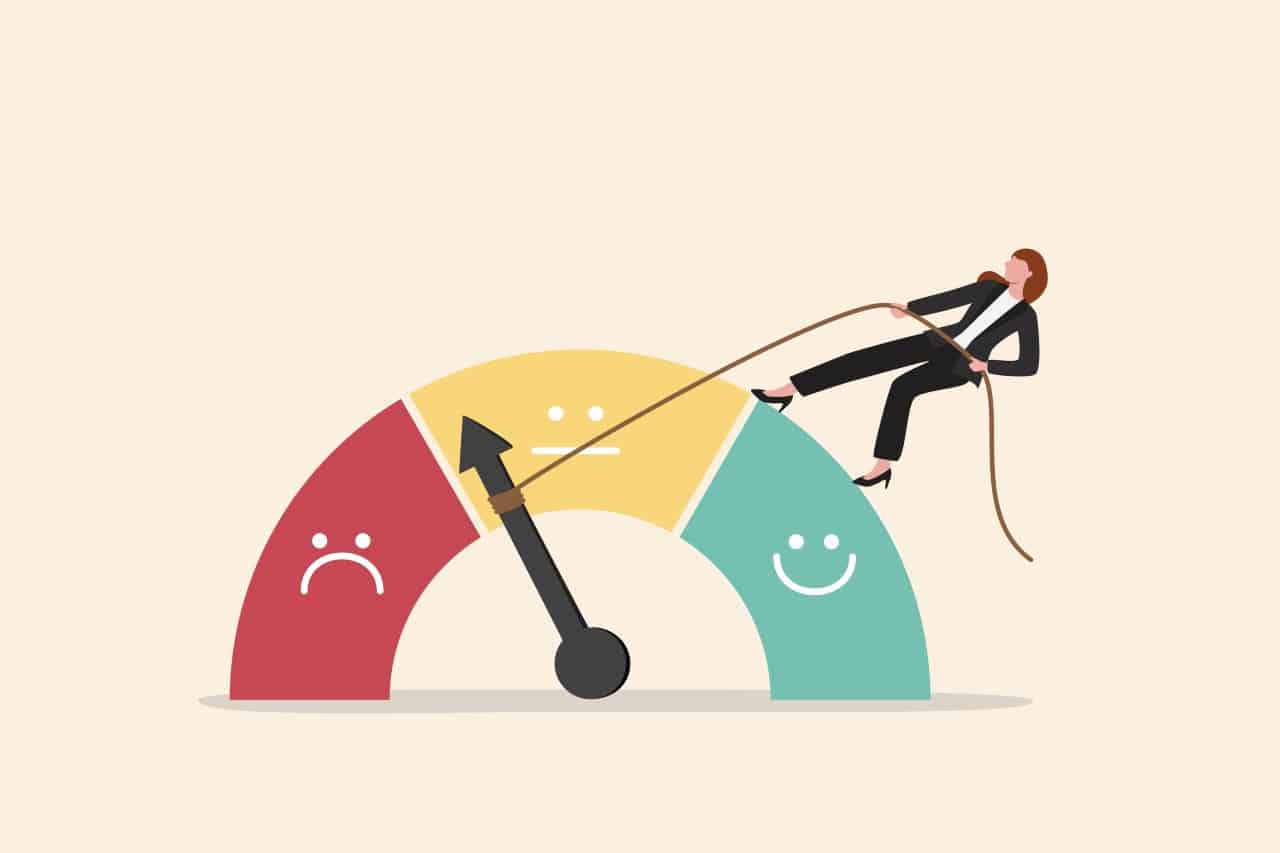Read along as our expert Mubina, a CFA, fills reader Harold in on the intricacies between credit utilization and being an authorized user.
The question
Hello experts,
A little while back I decided to ask my dad to add me on to his credit card as an authorized user. The goal was to improve my credit score. I never actually used the card. He always pays on time and has a long-term standing account so it did help.Things have changed though. My dad now has a pretty high credit utilization ratio ($10,000 on a $15, 000 limit). I’m not sure how to move forward.
On one hand, my dad’s account is technically my longest history, which helps my score (I think).
On the other hand, now that his credit utilization is high, (I think) it hurts my score.Am I right about how these things are reflected in my score and what’s the best way to move forward? Should I stay on as a user or step away?
Harold H., MIrimich, N.B.
Thanks!
The answer
Hi Harold,
Thanks for getting in touch! Here’s some food for thought on your situation.
If the goal was to build good credit for yourself, you’ve taken a step in the right direction by getting added to your dad’s credit card as an authorized user. A key consideration before getting added on is whether the primary user has healthy usage and bill payment practices. In this case, your dad does. So I imagine this has already worked towards building your score all the while you were an authorized user.
You’re also right in assessing the impact of the increase in the credit card utilization ratio. To calculate your credit utilization rate divide the total revolving credit amount by how much you’re currently using. In your dad’s case, that’s $10,000 on a $15,000 limit which means his credit utilization is at almost 70%! The ideal ratio is 35%. Half of what your dad’s is currently. This ratio is among the 5 main factors used to calculate a credit score. In fact, it accounts for 30% of the credit score. When you’re using up a big chunk of available credit, it can be a red flag to lenders and card issuers. They see it as an indicator that you’re having trouble managing finances, which is reflected in your credit score.
Your first move of getting yourself added on as an authorized user was indeed a wise one. You enjoyed the perks but you’ll have to bear the potential downsides as well. If the primary cardholder mismanages their account both they and the authorized user of that card will see their credit score take a hit. This includes defaulting on a payment or increasing their credit utilization.
There are two ways to approach the change to your dad’s credit utilization increase.
Approach #1
As you said suggested yourself, consider removing yourself as an authorized user from your dad’s credit card. While authorized users, for the most part, aren’t able to make changes to the credit card account, one thing they can do is remove themselves from the account. I’d reckon that from the time you first decided to get yourself added, to now, things may have changed on your end. By now, your Dad’s strong credit history and good credit (so far) have, more than likely, helped build your credit score enough that you can get a decent card of your own. However, before taking the leap, as a first-time credit card user and primary cardholder, here are a few things you need to know to ensure you keep a good credit score.
- Use it responsibly. You’ve never used the dad’s card which leads me to believe you’ve not had the need to do so. Now that you have your own card, resist the temptation to swipe.
- Try reaping the most from the card by using them where the card yields the most points or cashback.
- Make payments on time.
- Try and keep the credit card balance to the bare minimum or ensure minimum payment on or before the due date.
- Keep the credit utilization ratio below 30-35%. A point that you’re of course well aware of by now.
- Check your credit score regularly via Equifax and TransUnion. Don’t worry, downloading your credit report (even multiple times a week) is not going to have any impact on your credit score
Approach #2
Work towards reducing your dad’s credit utilization ratio. It’s a given why that would be good for both you and your dad, but I’d like to stress why it’s particularly beneficial for your dad. Retirement! While retiring won’t directly affect his credit score, it does impact his ability to borrow. With income going down, and a high utilization ratio affecting the credit score, getting additional credit will be difficult. At least having a good credit score will make it a little easier for him to avail more credit, like a personal loan, in his golden years for say a vacation! There are several ways to reduce this ratio and consequently, improve his credit score:
Look into the “why”
Firstly, what’s the reason behind the rise in credit card usage? Has Dad used a cash advance against the credit card? If yes, there are several cons in that facility that you should be aware of. Upfront fees, very high interest rates, no grace period, and of course increase in credit card utilization. Try and pay off that debt ASAP. Consider a personal loan or any other line of credit in case he does need the cash. A new line of credit will contribute to increasing his total credit limit and reducing his overall credit utilization ratio.
Keep debt to a minimum
A credit score is not calculated continuously or on a real-time basis. The credit card balance is shared by the issuer with the credit bureau at the end of the billing cycle. Hence, that’s the time when you should try and pay off credit card debt. Managing your account this way will keep your credit card debt low and your credit score high.
Credit limit increase
Card issuers often go through their user base to see who could qualify for an increased credit card limit. After running a soft credit check, they sometimes send eligible users pre-approved credit limit increase offers. These kinds of soft inquiries don’t impact the user’s credit score. If your dad has received such pre-approved offers, it’s probably a good idea to go for it. It will serve to improve credit utilization by increasing the total credit limit available for usage. Fair warning though, choosing this option can tempt people into taking on more debt. Make sure this doesn’t happen. It will only worsen the situation.
One last thing to keep in mind. According to the Financial Consumer Agency of Canada, it takes around 30-90 days for your credit score to change. Hence be patient after undertaking the above efforts to improve Dad’s credit score.
Wishing you all the best in your efforts.
Have A Financial Question You’d Like Answered?
Post the question to our Facebook page and we’ll get one of our experts to answer it! We’ll post the response right here in our blog section.










